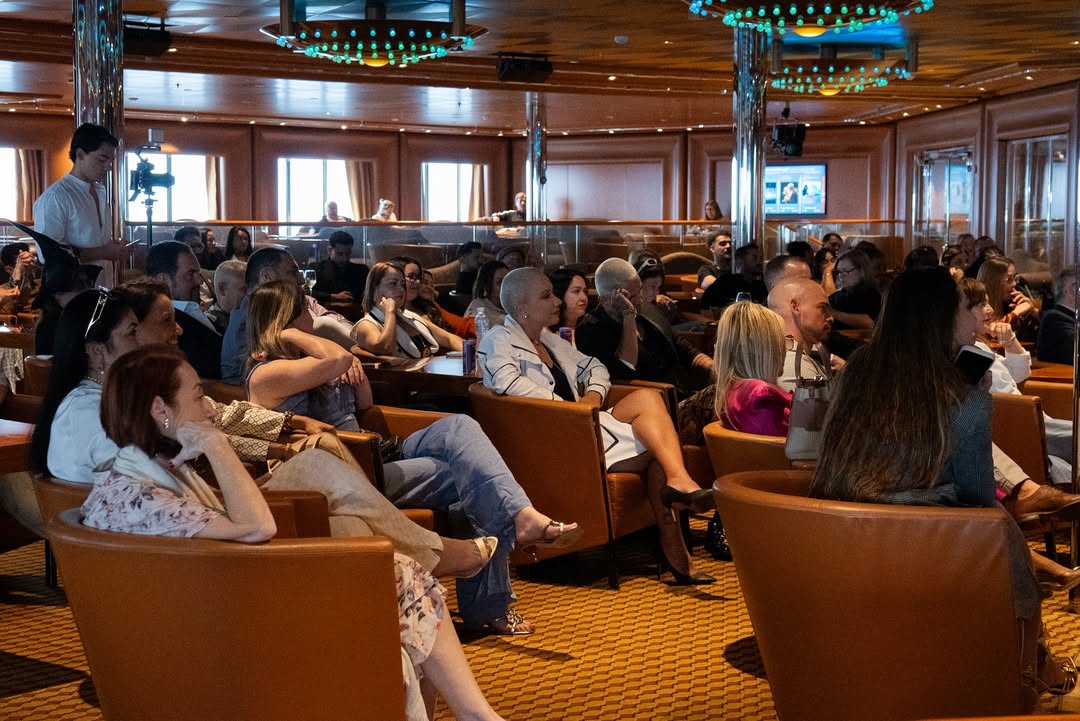The Mangroves are Vital for Communities that Depend on Fishing and Agriculture
Guinea-Bissau, a small West African nation, is home to some of the most vital and extensive mangrove ecosystems in the world.
Indeed, these coastal forests serve as:
- a natural barriers against rising sea levels,
- protect marine biodiversity,
- provide livelihoods for thousands of people who depend on fishing and agriculture.
However, the twin threats of climate change and political instability are placing immense pressure on these fragile environment and the communities that rely on them.
Guinea-Bissau Mangroves: A Natural Defense Against Climate Change
Mangroves play a crucial role in climate adaptation.
By absorbing carbon dioxide, they act as carbon sinks, helping to mitigate the effects of global warming.
Their dense root systems also prevent coastal erosion and shield inland areas from storm surges.
Yet, despite their importance, Guinea-Bissau’s mangroves are under constant threat.
Deforestation driven by illegal logging, overfishing, and the expansion of rice paddies is rapidly depleting these crucial ecosystems.
Moreover, the rising salinity of water due to climate change is making it harder for mangroves to regenerate.
Challenges for Climate Adaptation in Guinea-Bissau
Adapting to climate change requires strong governance, international cooperation, and community-led initiatives.
However, Guinea-Bissau’s political instability has significantly hindered these efforts.
With frequent government changes and limited state capacity, implementing long-term environmental policies remains a challenge.
Corruption and weak enforcement of environmental regulations allow illegal exploitation of natural resources to continue unchecked.
Therefore, international organizations and local NGOs have stepped in to support reforestation efforts and sustainable fishing practices.
But these initiatives often lack the necessary funding and political backing.
A Pervasive Climate of Fear
Beyond the environmental threats, the people of Guinea-Bissau also face a pervasive climate of fear.
Also, political instability, economic hardship, and concerns over freedom of speech create a tense atmosphere.
And reports of threats, intimidation, and arbitrary arrests further discourage civic engagement.
This situation has made it difficult for communities to mobilize in defense of their environment.
Farmers and fishers are often left without a voice in decision-making.
This is the scenario in which Jethro International’s Civil Humanitarian Diplomats have sought to mediate.
Guinea Bissau and A Call for Urgent Action
Protecting Guinea-Bissau’s mangroves is not just an environmental necessity—it is a matter of survival for thousands of people.
Though, international community must support local efforts to safeguard these ecosystems through funding, capacity-building, and advocacy for stronger environmental governance.
What Can Be Done?
– Invest in community-based mangrove restoration projects.
– Provide financial and technical support for sustainable agricultural practices.
– Increase international funding for climate adaptation programs.
As the world grapples with the realities of climate change, Guinea-Bissau serves as a stark reminder of what is at stake.
The fate of its mangroves and its people are intertwined, and urgent action is needed before it is too late.
Images by Krzysztof Lonc














No comment yet, add your voice below!